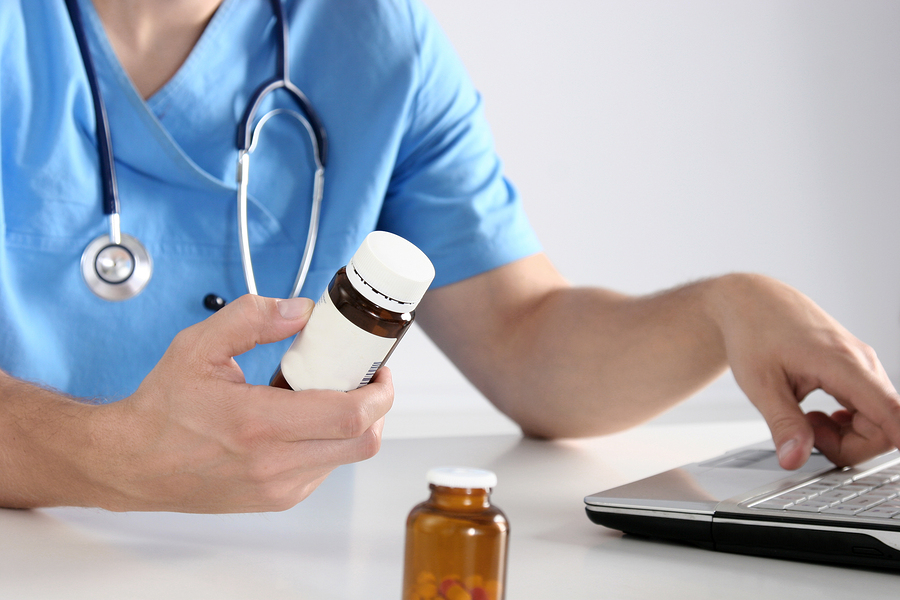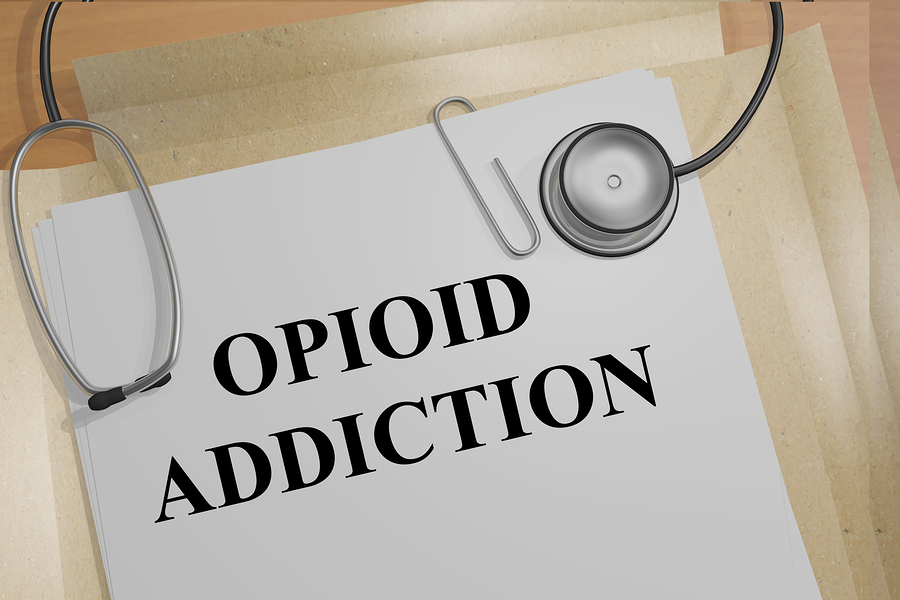Oxycodone is a controlled substance that is prescribed for the treatment of moderate to severe pain. This drug is most commonly mixed with acetaminophen or other medications to produce the name brands Roxicodone, Oxycontin or Percocet. Depending on your individual situation, Oxycodone addiction may be a major risk for you, especially if you take Oxycodone based medications without a prescription or for reasons other than prescribed.
If you suspect that you or someone you care about is addicted to oxycodone, call our helpline toll-free at 1-888-605-7779 and we’ll connect you with an inpatient rehab center that can provide treatment for the addiction allowing you to take back control of your life.
Who’s At Risk of Oxycodone Addiction?
You may have been prescribed Oxycodone following an injury, major illness, or surgical procedure. If you’re prescribed the drug, you are not safe from addiction—Oxycodone, like other prescription medications, can cause addiction in those who take it with or without a prescription.
The following situations place you at an increased risk for addiction if you are taking this drug:
- A previous history of substance abuse or addiction.
- An addiction to other drugs or alcohol.
- A family history of substance abuse or addiction.
- Taking oxycodone for more than a few days.
- Taking oxycodone for anything other than the pain for which it was prescribed.
- Taking oxycodone that was not prescribed to you.
- Taking oxycodone for emotional or psychological disturbances.
- Using oxycodone in situations that are dangerous.
The above situations increase your risk for addiction, but even if you don’t struggle with any of these particular points you could still find yourself addicted to Oxycodone if you take the medication. Even a prescribed drug is addictive when taken for a prolonged period of time—talk with your doctor or a healthcare practitioner if you have been prescribed this medication or any other narcotic.
What is Inpatient Oxycodone Rehab?
Addiction requires professional treatment. This means that you need somewhere to go for help. You can’t recover from addiction on your own—even if you get past the physical elements of the addiction, underlying psychological and emotional trauma may exist increasing your risk of relapse if you don’t seek help.
Inpatient rehab for Oxycodone addiction looks to bridge the gap between those who are struggling deeply with addiction and those who are living a life of recovery. Rehab offers hope, consistency, and around-the-clock care to those who are struggling to get well.
Here’s what you can expect from inpatient Oxy rehab:
- Consistent care in a clean, drug and alcohol free environment.
- Meals and exercise as well as various amenities such as massage therapy, swimming pools and other hotel-like options.
- Around-the-clock support and medical intervention immediately when you need it.
- Family counseling and support to help you improve your support system at home which improves recovery outcomes long-term.
- Medication management as needed and detox.
- Counseling in a group and individual setting.
- Therapy including CBT and other behavioral therapy options.
If you’re ready to get sober, call 1-888-605-7779 and we’ll connect you with an inpatient rehab center that can provide the best possible treatment for your Oxycodone addiction. Our helpline is available 24 hours a day, 7 days a week to support your recovery.
Signs and Symptoms of Oxycodone Addiction
Recognizing if you or a loved one is struggling with addiction to Oxycodone requires an understanding of the various elements of addiction. Many signs and symptoms are present in early addiction to Oxycodone.
The most common signs include:
- Lack of interest in activities that were once exciting or otherwise fun for you.
- Failure to take care of responsibilities including responsibilities at home, with family, children, or at work.
- Track marks or needle marks on the arms, legs or other areas of the body as a result from injecting the medication.
- Changes in sleep, heavy limbs or general malaise and fatigue.
- Acting erratically or behaving in a manner that is inconsistent with normal activities.
- Choosing oxycodone over meals, important events or other activities.
- Taking oxycodone for reasons other than prescribed or taking it more frequently than prescribed.
- Taking oxycodone despite known health consequences that have been caused by your use of the drug.
Additional signs of addiction can also arise. For instance, if you have been taking Oxycodone for a prolonged period of time you may notice that a tolerance is developing and that you need more and more of the drug in order to feel the same effects. As the tolerance developers, it becomes harder to cut back.
You may take more medication or take it on a very frequent basis trying to forgo withdrawal symptoms such as:
- Upset stomach, nausea, vomiting and diarrhea
- Headache, body aches, muscle aches and bone pain
- Twitching, tremors, or shaking
- Sweating profusely
- Uncontrollable cravings and thoughts about the drug
All of the above are signs of oxycodone addiction and signify a need for professional help.
What Treatment Options are Provided During Inpatient Rehab?
Finding and choosing the best inpatient rehab for oxycodone addiction requires your commitment to recovery and a call for help. We realize that making the call for help is difficult for you—but it could save your life. Caring, compassionate treatment advisors are ready to support you when you call. Our helpline is available 24 hours a day, 7 days a week—just give us a call at 1-888-605-7779.
Many treatment options are provided to help you get sober. Oxycodone addiction does NOT have to become an everyday part of your life forever.
Inpatient rehab provides:
- Counseling and therapy
- Behavioral care
- Support
- Family intervention
- Medical intervention
- CBT
- Group support and counseling
- Individual support and counseling
- Aftercare services
- Medical detox
All of these care options are developed to help you get sober. From medical detox and support to the aftercare services that are provided during inpatient rehab, each step of the recovery process is defined to assist you with the physical, psychological, emotional and personal trauma that has ensued as a result of your addiction to this powerful painkiller.
Don’t be afraid to seek help—you’re one of millions who are struggling with this disease, but you have the power to get sober and treatment options for every budget and need are available.



